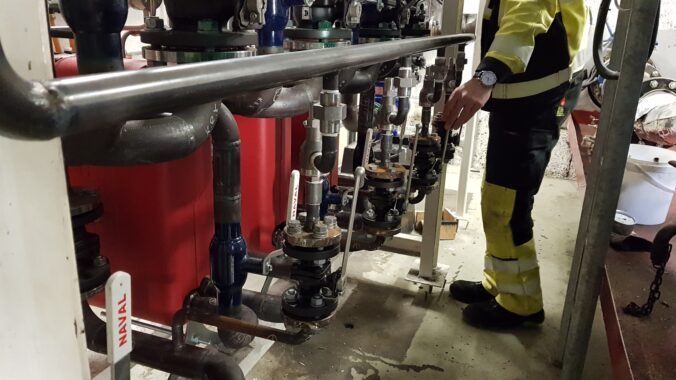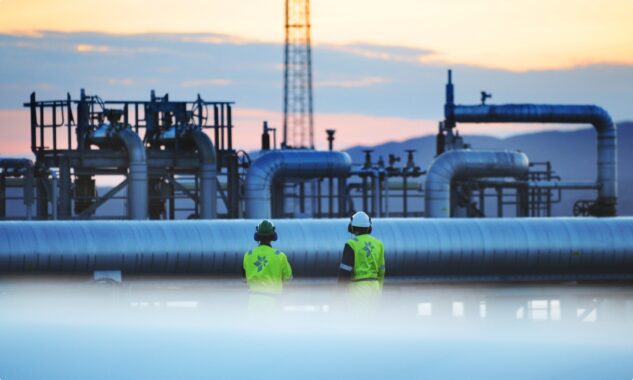
DeltaV-Seal - Preventing emissions of NOX gas during fertilizer manufacture
James Knights on Case Studies · Sep 16, 2024
NOX is considered an indirect greenhouse gas, with strict PPM values for the amount of emissions a chemical plant can release. The DeltaV-Seal with its tight and durable seal prevents emissions of NOX, helping ensure operators comply to local regulations.
Replacing legacy gasket technology to increase reliability and reduce maintenance costs.
Fertilizers are critical to enable the growing global population to be fed. Ongoing increases in energy prices, particularly methane, have made the cost of manufacturing nitrogen and ammonia-based fertilizers particularly high. Anything a manufacturer can do to reduce costs, reduce NOX emissions, and increase reliability has a positive global impact, ensuring a secure and long-term food supply while at the same time increasing reliability and reducing maintenance costs.
Background
A manway to a heater within a fertilizer facility in Europe had previously been sealed with a tanged gasket sheet. Every four to six weeks excessive NOX emissions would be detected in the area surrounding the manway (in Europe emissions are limited to 90 PPM). Further investigations found that Thermiculite gasket was degrading causing leaks of NOX gas. The leaking Thermiculite gasket was causing frequent unplanned maintenance outages to replace the gasket. The regular unplanned maintenance stops would have a negative impact on the profitability and reliability of the fertilizer plant.
Industry Challenges
Legacy semi-metallic gasket technologies leak, this leakage rate only increases as the installed gaskets degrade with time. The leakage of NOX gas has a severe impact on the local environment and is considered an indirect greenhouse gas. In the United States the Environment Protection Agency has reduced NOX emissions from a maximum 3000 PPM down to 200 PPM. In the European Union, the maximum is 90 PPM. As a result, NOX leakages must be stopped swiftly. Technology that prevents emissions and is proven dependable has a key part to play in slowing climate change and increasing the reliability of existing fertilizer facilities, while reducing fines for NOX emissions.

Top left: Previously installed Thermiculite Gasket.
Top right: DeltaV-Seal gasket in place.
Bottom left: Cleaning of flange surface prior to installing the DeltaV-Seal.
Bottom right: Mayway to NOX heater sealed with DeltaV-Seal.
DeltaV-Seal keeps industry reliable
All gaskets leak, some more than others. Industry knows the best seal is a metal-to-metal seal. Traditional (RTJ) fully-metallic seals are known to damage flanges and be sensitive to installation conditions, including surface roughness. The DeltaV-Seal is different to legacy metallic seals, it is precision CNC machined from a single metal plate to ensure a tight and durable seal which does not damage flanges. The DeltaV-Seal’s installation requirements are the same as a semi-metallic gasket, following the guidelines ASME PCC1 Appendix D. With the DeltaV-Seal being manufactured from a similar, compatible material to that of the piping / vessel its chemical resistance is the same or similar.
Solutions
Metal-to-metal seals have proven to be tight and durable for decades. The DeltaV-Seal has been expertly engineered and independently tested in the lab and f ield to demonstrate its superiority to traditional legacy gasket technology. In this specific case, where the precision engineered 304L DeltaV-Seal has replaced a Thermiculite tanged gasket sheet the DeltaV-Seal provides effectively-zero NOX emissions while improving plant reliability. By simply changing to the DeltaV-Seal the facility will have less unplanned shutdowns, save significantly on maintenance costs, while at the same time reducing emissions of an indirect greenhouse gas. Why use legacy technology when new proven technology increase’s reliability while reducing costs?
Download the case study here.
More from Case Studies
DeltaV-Seal increases available up-time on Ammonium Nitrate flanges
James Knights on Case Studies · Sep 16, 2024

Legacy semi-metallic gaskets leak, this is particularly visible on Ammonium Nitrate flanges. The DeltaV-Seal provides a significantly tighter seal than legacy gaskets, enabling fertilizer…
DeltaV-Seal - Reducing fugitive emissions in the Permian Basin
James Knights on Case Studies · Jul 22, 2024
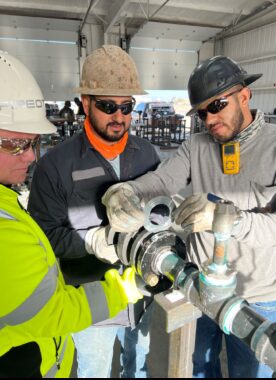
The United States Clean Air Act (CAA) is the comprehensive federal law regulating emissions from stationary and mobile sources. Among other things the CAA authorises the United States Environment…
Best Available Technology to reduce ATEX zones, increase reliability, and improve safety within a refinery
James Knights on Case Studies · Jul 21, 2023
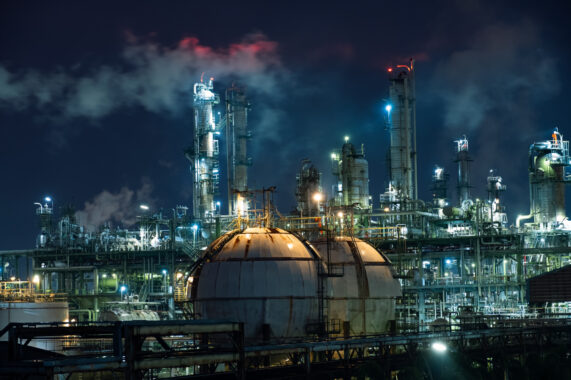
Europe’s most advanced refinery wanted to further pioneer by only utilizing Best Available Technology to ensure a safe and reliable operation with minimal impact on the environment, enhanced…
FPSO & Marine - DeltaV-Seals ensure the safe and reliable operation of inert gas systems
James Knights on Case Studies · Mar 21, 2023
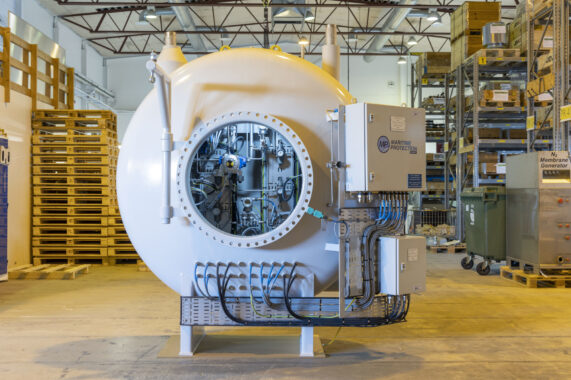
A market-leading expert for the maritime industry manufactures a range of inert gas generators to suit their client's needs. Vessels carrying cargo-producing hydrocarbon vapors require inert gas…
Preventing nitrous gas leakage at a Thermowell instrument flange joint
James Knights on Case Studies · Mar 09, 2023
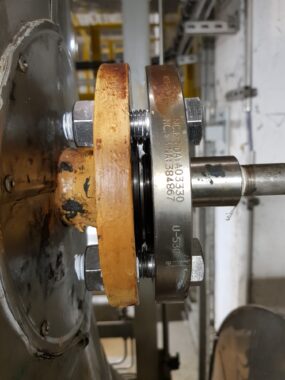
On a Thermowell instrument coupling flange joint a previous semi-metallic gasket required maintenance intervention 7 times in three-and-a-half years. Switching from a semi-metallic gasket to the…
Semi Conductor application for Nitrogen and Oxygen gas purifiers
James Knights on Case Studies · Feb 27, 2023
One of the world's leading semiconductor manufacturers in South Korea required a carbon-free, bacteria and virus-tight gasket capable of withstanding temperatures up to 500°C. The DeltaV-Seal™…
ATEX Zoning reduction & Equipotential bonding possible with the DeltaV-Seal
James Knights on Case Studies · Jan 09, 2023
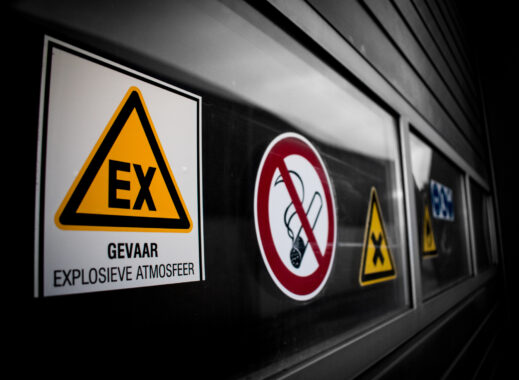
Recycling metallic canisters containing flammable gases to prevent the emission of the gases to the environment and recycle the metallic packing material.
Reducing ATEX zoning within a biogas plant
James Knights on Case Studies · Nov 11, 2022
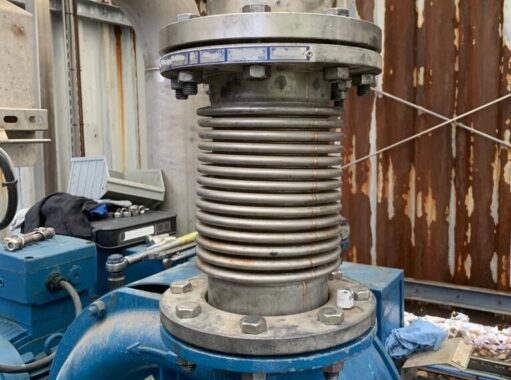
Local regulation of a biogas plant in Western Europe required ATEX zoning. Utilizing several technical standards including EN1127, EN1591, and Pipeotech's extensive library of product testing, it has…
Cleaned gaskets within a peroxide system of a chemical processing plant
James Knights on Case Studies · Oct 11, 2022
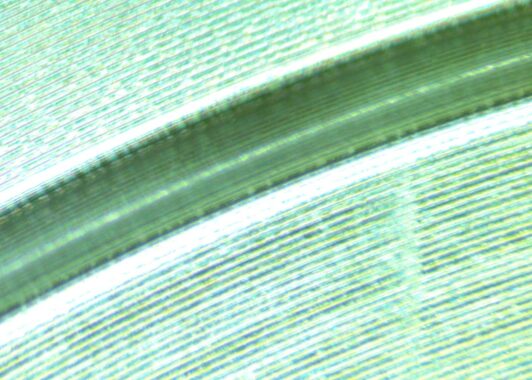
Ensuring product quality and plant safety with a clean, bespoke, tight, and durable seal. The DeltaV-Seal enabled a manufacturer of peroxide to ensure their product was made safely and was free of…
Corporate environmental responsibility ‘done right’ with long-term methane mitigation by design

Jo Shailes on Case Studies · Nov 02, 2021
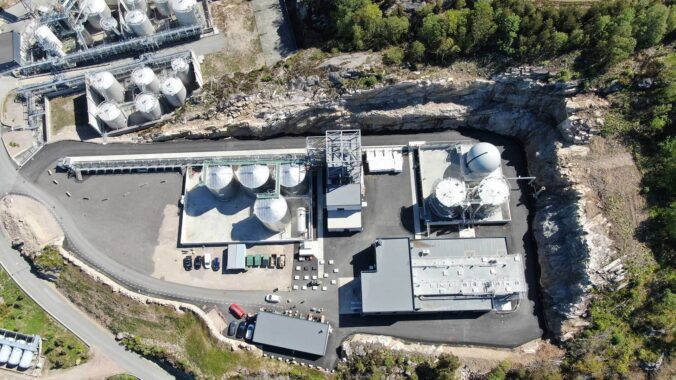
Methane is one of the most potent greenhouse gases and avoiding leakage is a priority when using methane systems. Methane also ignites easily, so there are clear and immediate HSE incentives for…
Gasket ensures a long-lasting seal
James Knights on Case Studies · Nov 02, 2021

In manufacturing fertilizer, ammonium nitrate is added to the process, and traditional, spiral wound and Gylon gasket technology often deteriorate in these conditions, resulting in leaks. This is…
ATEX zoning unnecessary with DeltaV-Seal™

Jo Shailes on Case Studies · Nov 01, 2021
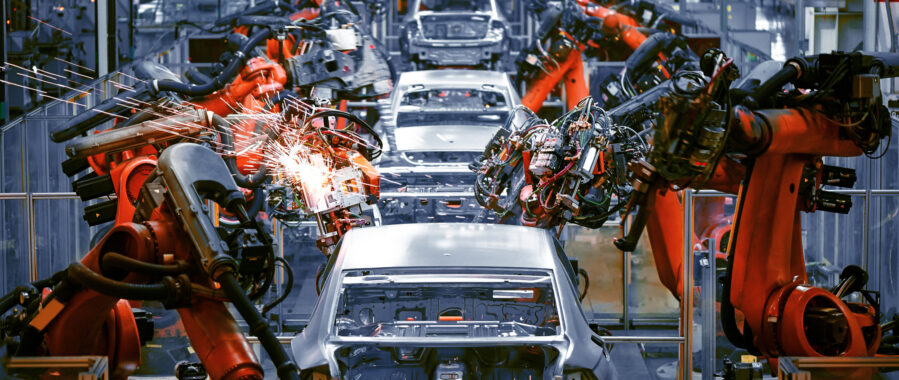
During final assembly in the factory, cars are filled with fuel before being transported to their final destination. To facilitate this, fuel lines run throughout the facility. However, along the…
DeltaV-Seal™ stops flammable leakage, prevent fires

Jo Shailes on Case Studies · Nov 01, 2021
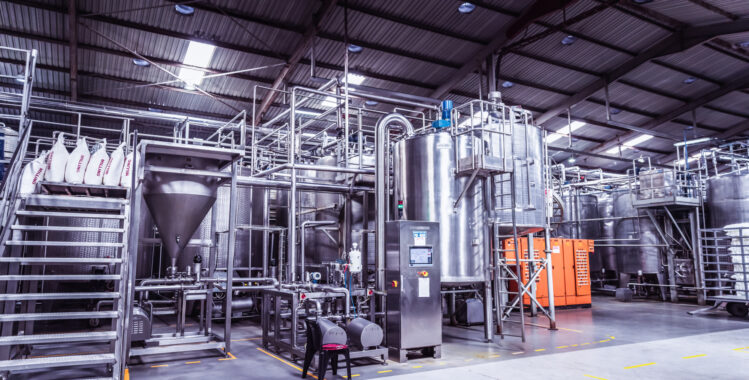
In facilities that use hot oil heat transfer fluid systems, fire hazards are a significant challenge due to the combination of organic combustible liquids, which run at temperatures above their flash…
DeltaV-Seal™ prevent fires, promote safe environment

Jo Shailes on Case Studies · Nov 01, 2021
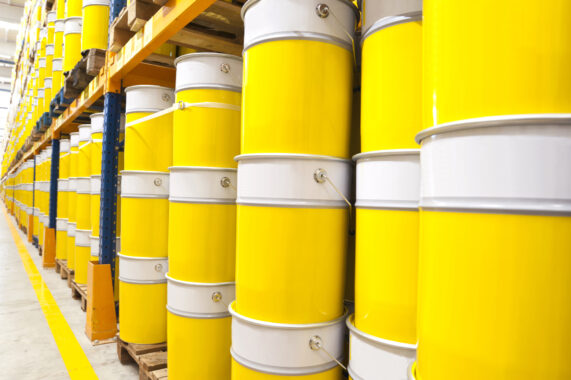
The use of hot oil systems in manufacturing presents challenges when traditional gaskets breakdown and cause leakage. As liquids in the system are kept at a temperature above their flash point, when…
DeltaV-Seal™ prevents leaks and pipe corrosion

Jo Shailes on Case Studies · Nov 01, 2021
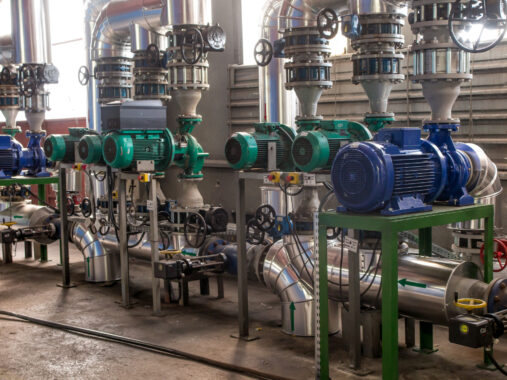
In district heating and cooling, generic spiral wound gaskets frequently cannot cope with the cyclical temperature conditions and often fail, leading to leakages and corrosion of the pipeline. This…
DeltaV-Seal™ performs under extreme marine conditions

Jo Shailes on Case Studies · Nov 01, 2021
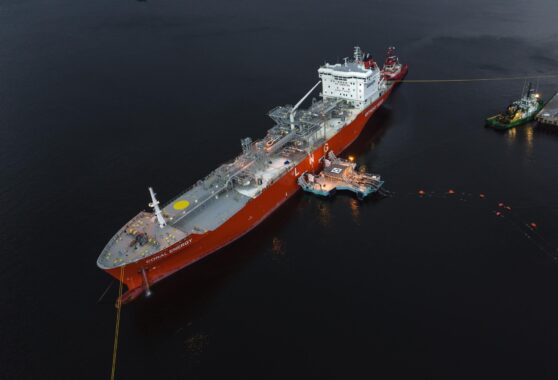
Importing ship-to-shore Liquefied Natural Gas (LNG) requires robust and efficient pipeline seals that are compliant with high environmental standards. The thermal cycling caused by the cryogenic…
DeltaV-Seal™ reduces greenhouse emissions

Jo Shailes on Case Studies · Nov 01, 2021
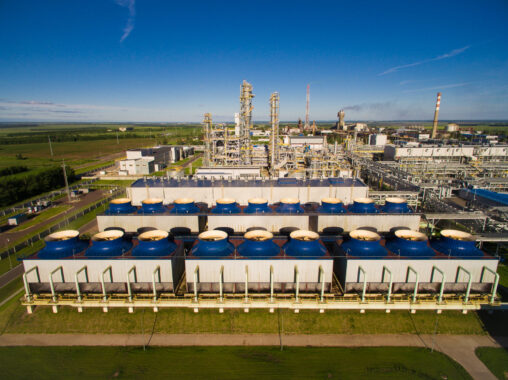
In fertilizer production, high-quality phosphorus fertilizers require nitric acid as a key ingredient, which is usually synthesized via the Ostwald process on-site (oxidizing of ammonia before…
In conversation with: Odd Skagestad, GE Healthcare Lindesnes
Geir Otto Amundsen on Case Studies · Jun 02, 2021
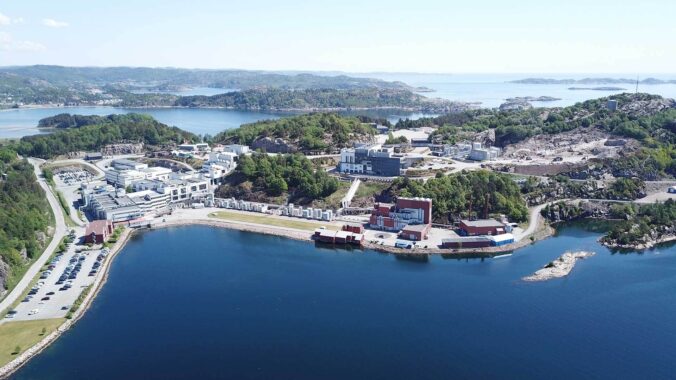
We recently spent some time talking with technical engineer Odd Skagestad from GE Healthcare Lindesnes about how DeltaV-Seal™ technology has impacted operations at a world-leading pharmaceutical…
Pipeotech’s reach goes atomic
Geir Otto Amundsen on Case Studies · Jan 05, 2021
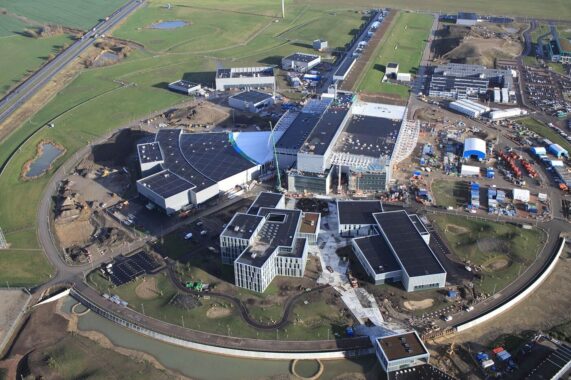
Pipeotech has taken gasket tightness to new microscopic levels by supplying DeltaV-Seal™ to European Spallation Source, the world’s most powerful neutron source, in Lund, Sweden. The new research…
VARD finds the perfect fit

Jo Shailes on Case Studies · Nov 11, 2020

Norwegian-based shipbuilder VARD has been installing Pipeotech’s DeltaV-Seal™ in its vessels since 2016 and the cost-saving benefits have been very clear to Johny Morland, Principal Engineer, QA and…
Corrosive influence - The dangers of galvanic corrosion for pipelines
Geir Otto Amundsen on Case Studies · Apr 22, 2020
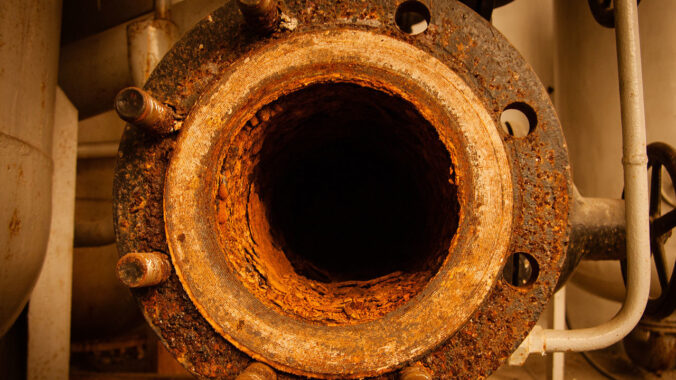
Prevention is always better than a cure. Avoiding issues in the first place, rather than attending to them once they’ve occurred, is plain common sense. So why do so many industrial facilities…
Pipeline safety – How gasket choices can mitigate health and safety risks
Geir Otto Amundsen on Case Studies · Jan 31, 2020
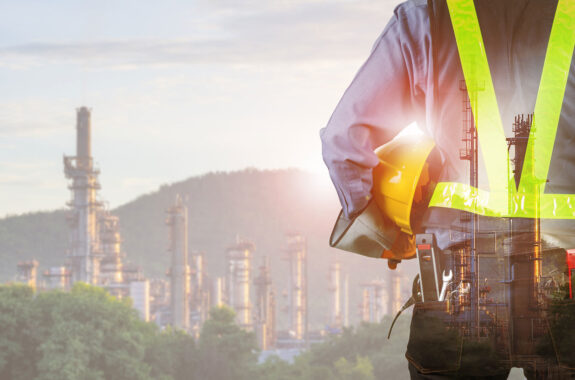
Nothing is as important as health and safety when it comes to industrial facilities. However, a critical component in piping systems is often overlooked, viewed as a consumable rather than a key to…
Stopping expensive leakages at historic brewing facility
Geir Otto Amundsen on Case Studies · Jan 31, 2020
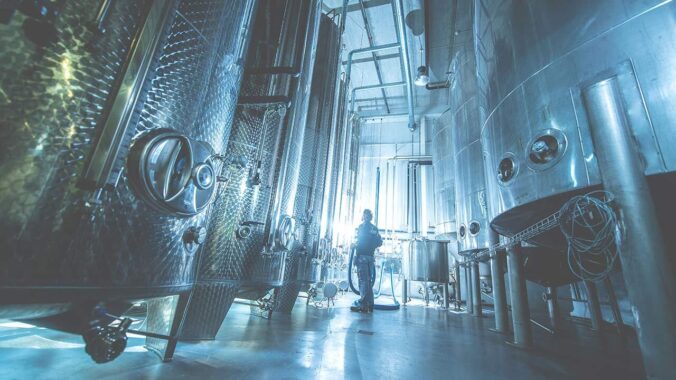
With the title of ‘the oldest brewery in Norway’, the Aass brewery is about as close as it gets to being a Norwegian institution. Situated on the banks of the river in the busy port city of Drammen…
DeltaV-Seal™ replaces kammprofile gaskets at critical distribution facility

Jo Shailes on Case Studies · Jun 12, 2019
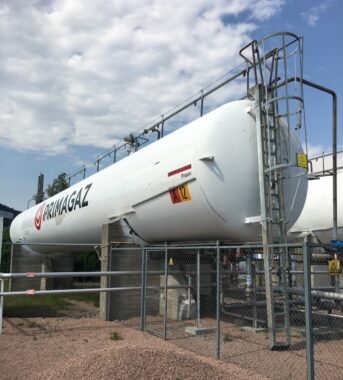
After a long relationship utilizing kammprofile gasket technology, Norwegian LPG distributor PrimaGaz Norge AS has decided to abandon the old kammprofile gasket design in favor of the new DeltaV-Seal…
Flare tip leakage is too hot to handle for the competition
James Knights on Case Studies · May 15, 2019
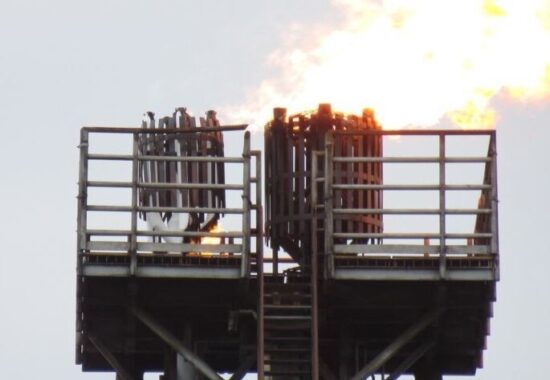
Pipeotech was called upon to provide a solution for Flare Tip flange leak in the North Sea. A North Sea Operator came to Pipeotech with a problem affecting a Flare line on their platform. This was…
Exceeding gas-tight sealing strengths and eliminating ATEX zones
Geir Otto Amundsen on Case Studies · May 08, 2019
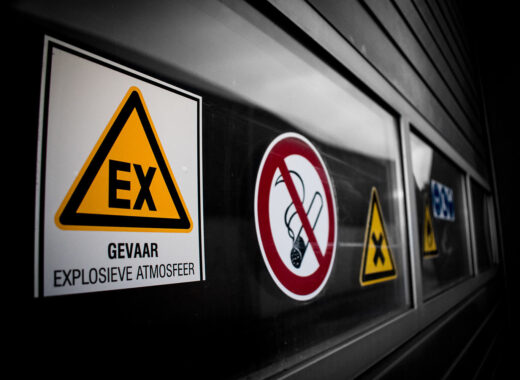
Gaskets seals are generally the consumables often selected at the last moment in a design project and carry few expectations. Although viewed as less significant, this consumable can have the most…
Intergas exclusively use DeltaV-Seal™

Jo Shailes on Case Studies · Mar 26, 2019
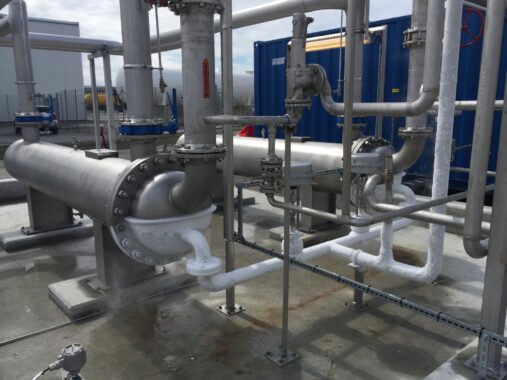
Following a highly successful test period, Intergas AS has announced that the DeltaV-Seal has been named as their exclusive seal of choice for all current and future liquefied natural gas operations.…
